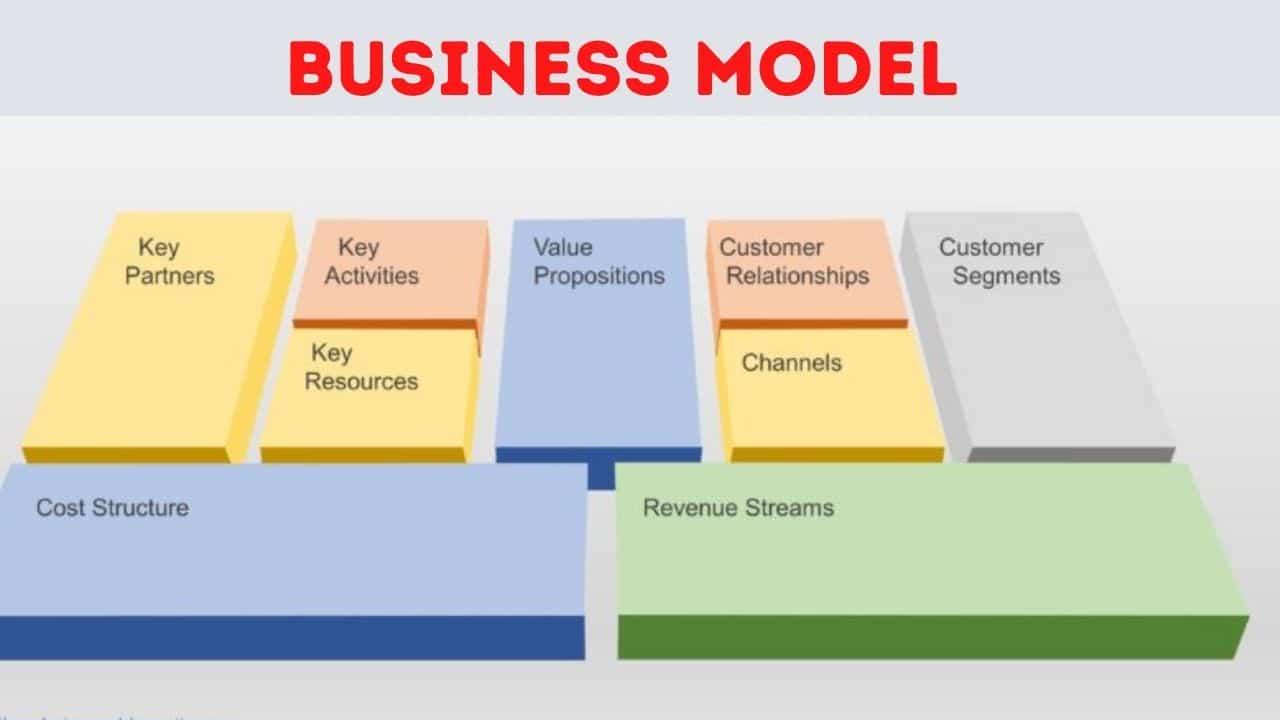There are many different motivations for businesses to deploy information security measures. Information security (InfoSec) is concerned with protecting the privacy, authenticity, and accessibility of sensitive data within an organization. Since InfoSec encompasses so many domains, it frequently necessitates the use of multiple layers of protection, such as those provided by encryption, incident response, risk management, and backup and recovery plans. An information security analyst is explored in great detail in this article, from their salary and course to the difference between information security and cyber security ( information security vs cyber security).
What Is Information Security?
The term “information security” (or “infosec”) refers to a collection of guidelines for protecting computer files and other types of data. Information securites also entails building a suite of operational procedures to safeguard data when it is in motion, processing, or simply sitting in storage.
In addition, information security is a method used to protect data in the digital realm and is typically implemented as part of a larger cybersecurity strategy. It also means ensuring workers can get the information they need while keeping out intruders. It may also be linked to issues of risk assessment and compliance with the law.
What Is Information Security With Example?
Information securities encompasses a wide range of subfields, for example, cryptography, network defense, and endpoint protection.
Information Security Analyst
An information security analyst is someone who works to secure computer networks in businesses. They aid in policy formation and network upkeep, shielding the business from any cyber threats. He or she also ensures the safety of a company’s digital infrastructure. Hence, by applying their analytical prowess to the task, they help ensure the safety of a company’s intellectual and sensitive data stored in digital form. They then use the information they’ve collected to suggest improvements in network safety and performance.
Furthermore, an information security analyst coordinates the company’s response to a safety breach and works to avoid future intrusions. These measures can either prevent a breach from happening or lessen its impact if one does occur. Technology is guaranteed to evolve. The hardware and software for data transfer, archiving, encryption, and other uses are all part of this category. The analyst’s success is highly dependent on his or her ability to keep abreast of new and developing threats in the cyber realm. While the specific approaches may change, the overarching goal of securing a company’s most sensitive data must always be a top priority.
The Responsibilities of an Information Security Analyst
Below are the tasks and responsibilities of an information security analyst:
#1. Assessing Potential Dangers
He or she assesses the risks to an organization’s data, systems, and networks. They find weak spots and hazards, then devise plans to protect against them.
#2. Creating Safety Preparations
Experts in this field design and implement measures to prevent unauthorized access to sensitive data. They might draft security procedures and guidelines and instruct other IT pros and workers on how to implement the best security practices.
#3. Supervising the Security Measures
Analysts in this field keep an eye on security networks and systems constantly, looking for signs of intrusion or other questionable behavior. Threat detection systems, routers, and log analysis tools are just some of the methods they employ to monitor and investigate security incidents.
#4. Security Incident Investigations
He or she is to look into hacking attempts and incidents to find out what happened and how much harm was done. After identifying the problem, they formulate strategies to fix it and prevent it from happening again.
#5. Educating and Teaching the Public
The duties of the analyst’s may include imparting knowledge about safe computing practices to colleagues in the IT department. Campaigns to educate the public about security risks and possible countermeasures may also be implemented.
Salary of an Information Security Analyst
One of the most important questions to ask yourself if you’re thinking about working as an information security analyst is how much salary you can expect to make. The field of information technology is currently one of the industries that offer the highest salary. Also, working as an analyst in this field promises returns that are above average. The salary one can make working as an information security analyst is contingent upon several things. Location, company, and industry experience are all variables. Despite this, analysts in this field earn an average of $85,029.
- According to the data provided by the Bureau of Labor Statistics of the United States of America as of May 2023, information security analysts earned an average annual pay of $102,600, which is equivalent to around $49.33 per hour, with those at the upper end of the scale, or those in the richest 10%, earning more than $165,920.
- According to data provided by U.S. News, the position offered a median compensation of $103,590 in the year 2020, while those in the top 25 percent of earners made $132,890 in the preceding year.
- According to Indeed.com, the average yearly salary for an analyst in this field is $85,029. This figure was last updated on April 24, 2022. On the other hand, ZipRecruiter estimates that the average annual salary for this position is $99,944. That breaks down to a rate of 48.05 dollars an hour.
Generally, there are a lot of essential elements that can have a significant impact on a person’s salary as an analyst. This includes their level of education, the certifications they hold, the additional talents they possess, and the amount of time they have spent working in their field.
Information Security Course
A course in information security, sometimes known as “InfoSec,” teaches students the procedures that companies go through to safeguard their digital data. In addition to the processes involved, you will be instructed in everything there is to know about data security operations, the verification of digital signatures, software security, network safety design, and encryption.
At the same time, there has been a concurrent rise in the number of security risks and the utilization of cloud services. Hence, to build solutions that avoid hacking and other security challenges, organizations require the assistance of professionals who have received training in this field. Nearly every industry and virtually every company have confidential information that needs to be safeguarded. This includes information about their clients or members, workers, economics, partners or vendors, and confidential information, amongst other things. Any company or organization might find itself in deep trouble if they fail to protect the material in question.
Information Security Course Syllabus
Information security analysts typically need a bachelor’s degree in computer science, IT, engineering, or mathematics. In addition, these careers are possible with a high school degree and a certificate from an information security course.
Furthermore, participants in the information security course learn about subjects like network and safety foundations, IT bases, an introduction to cybersecurity, Python coding, vulnerability assessment, and cloud computing security. These programs are available to anyone who wants to enhance their abilities and advance in their jobs.
The ISC awards the Certified Information Systems Security Professional (CISSP) accreditation to individuals who possess extensive knowledge in this field. The CISSP was first established as the International Information System Security Certification Consortium. EdX offers courses of study and autonomous information security training courses that can help working individuals prepare for the CISSP certification exam.
The Best Information Security Course
To help you choose the best courses, we’ve compiled a list of the best information security course in 2023. Thus, they include:
#1. Intro to Information Security by Georgia Tech
This course serves as an introduction to this field and lasts for one semester. Students who have prior experience with computers and programming, whether at the undergraduate or graduate level, are the target audience for this resource. It is also meant to help them understand how important this problem is in modern society. The technical material of the course provides a wide overview of important ideas and approaches for providing and assessing security in data processing systems (operating systems and programs, networks, procedures, and so on). This summary is split up into several smaller topics.
The course includes administration, management, information security, consumer privacy, and public policy. In addition to its technical aspects, the course also discusses the place that this field of course occupies in the entire business risk landscape.
#2. IBM Information Security Analyst Professional Certificate
This one-of-a-kind training is sent straight to your mailbox. Twenty courses will be delivered to your mailbox every other day for a total of five weeks. A general introduction to information security technologies and vocabulary is provided in these sessions. You will gain the knowledge necessary to select effective antivirus software and locate vulnerable points in your network infrastructure.
Heimdal Security, the creator of the course, is a global provider of protection services. The course’s recommendations are grounded in the company’s daily analysis of millions of security holes and home alarm systems.
#3. Harvard’s Information Security Course
In Harvard’s information security course, the main focus is on the risks that hackers pose to companies. We talk about the basics of information management and how important they are for keeping an organization’s infrastructure and tools in good shape. People in upper-level business roles who want to learn about how cyberattacks affect a company’s customers may find this course especially helpful. This course will also help people with a background in technology or cybersecurity who want to move into a business job.
Information Security vs Cyber Security
From the standpoint of the general public, the terms “cyber security” and “information security” are often interchanged. The basic idea is the same, but the details and execution are very different. Both industries follow distinct patterns and rarely overlap. Today, we’ll examine the differences between cyber security and information security by providing a primer on the two fields. Thus, they include:
- Professionals in the field of cyber security play a crucial role in ensuring the safety of servers, terminals, databases, and networks by identifying and fixing flaws and faulty setups. That is to say, it is their job to stop hacks from happening. The brightest among us think like cybercriminals and may have even dabbled in the field themselves. However, experts in the field of information security are naturally concerned with avoiding data loss as well. Together with their cyber colleagues, they work on this, but they may play a more central role in determining which data is most critical to protect and in developing a response strategy after a breach.
- “Information security” protects all types of data, including internet data. Information security experts may implement data confidentiality protocols or restrict data access. In contrast, the goal of cybersecurity is to prevent data breaches caused by threats like ransomware and spyware.
- Cybersecurity is the practice of keeping digital assets safe from harm on the internet. Information security, on the other hand, is meant to shield information from any danger, digital or analog. The fields of cybersecurity and law frequently overlap. In contrast, the field of information security is concerned with protecting data from being improperly accessed, disclosed, modified, or disrupted.
What Are the 7 Layers of Security?
- Network Security.
- Perimeter Security.
- The human element
- Mission-Critical Assets.
- Data Security.
- Endpoint Security.
- Application Security
What Are the Four Fundamentals of Security?
Four main components make up an efficient security system: prevention, monitoring, verification, and response. These are the fundamentals of good site security, and they apply equally well to a single-site startup as they do to a multinational conglomerate.
References
- exabeam.com
- techtarget.com
- resources.workable.com
- forbes.com
We Recommend the Following
- BUSINESS SYSTEMS ANALYST: Salary, Job Description, Skills, Degree
- BUSINESS IT SERVICE: Meaning, Service, Analyst & Salary
- CYBERSECURITY RISK MANAGEMENT: Framework, Plan and Services
- HOW TO BECOME A BUSINESS ANALYST: How to Become a Business Analyst With No Experience(2023 Guide)
- Systems Analyst: Meaning, Job Description and Salary
- RESTAURANT MANAGER: Job Description of a Restaurant Manager & Salary
- INFORMATION SECURITY ANALYST: Definition, Duties, Salary, & How to Become One






